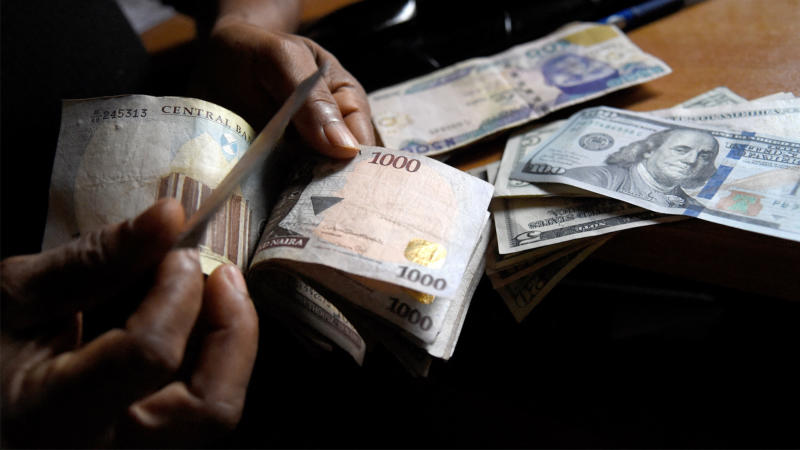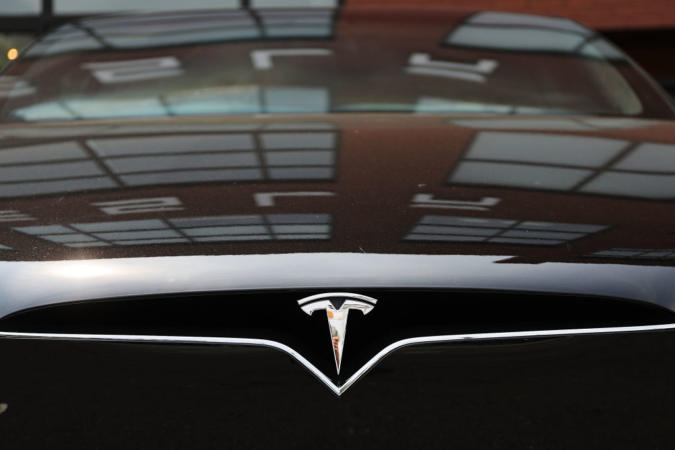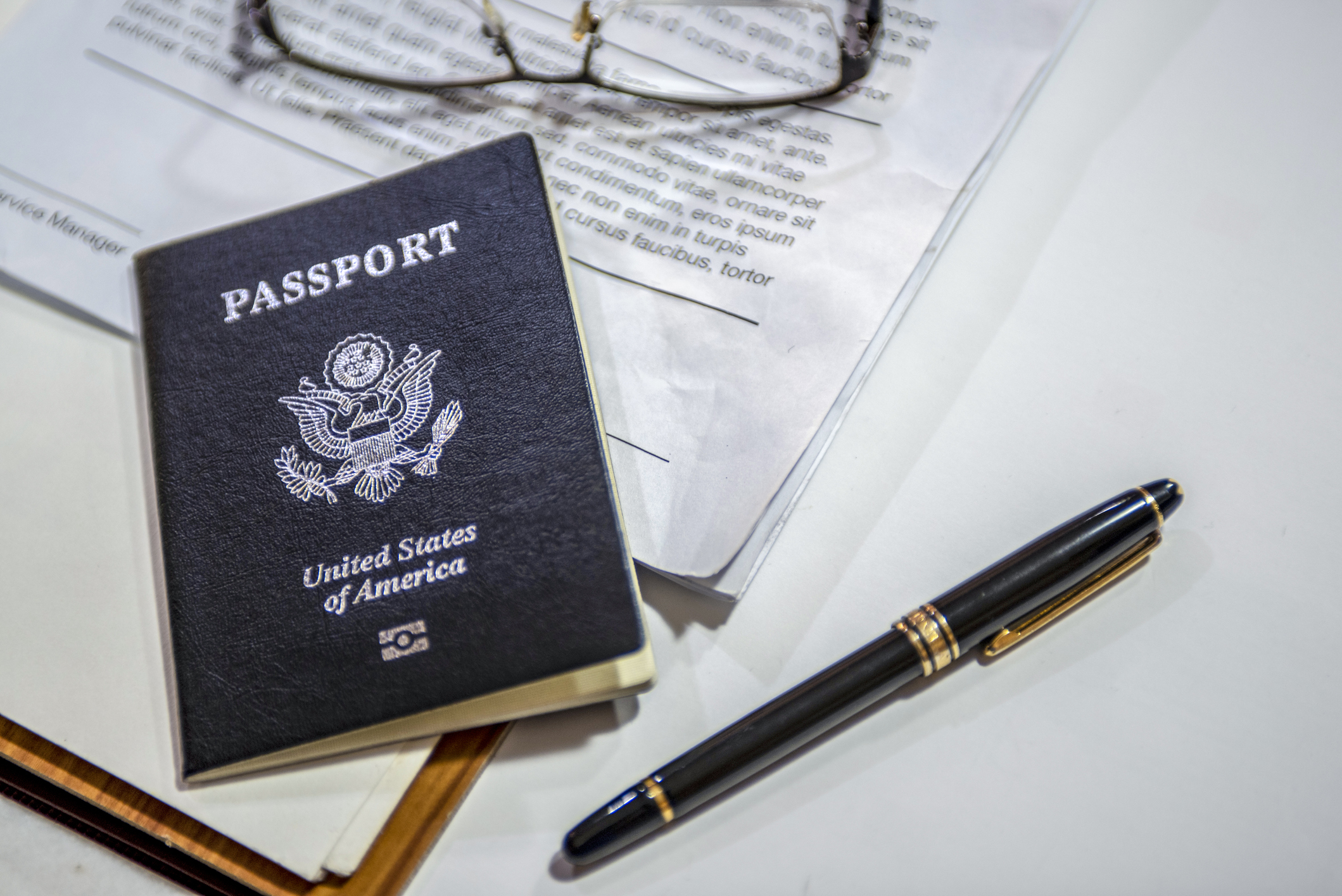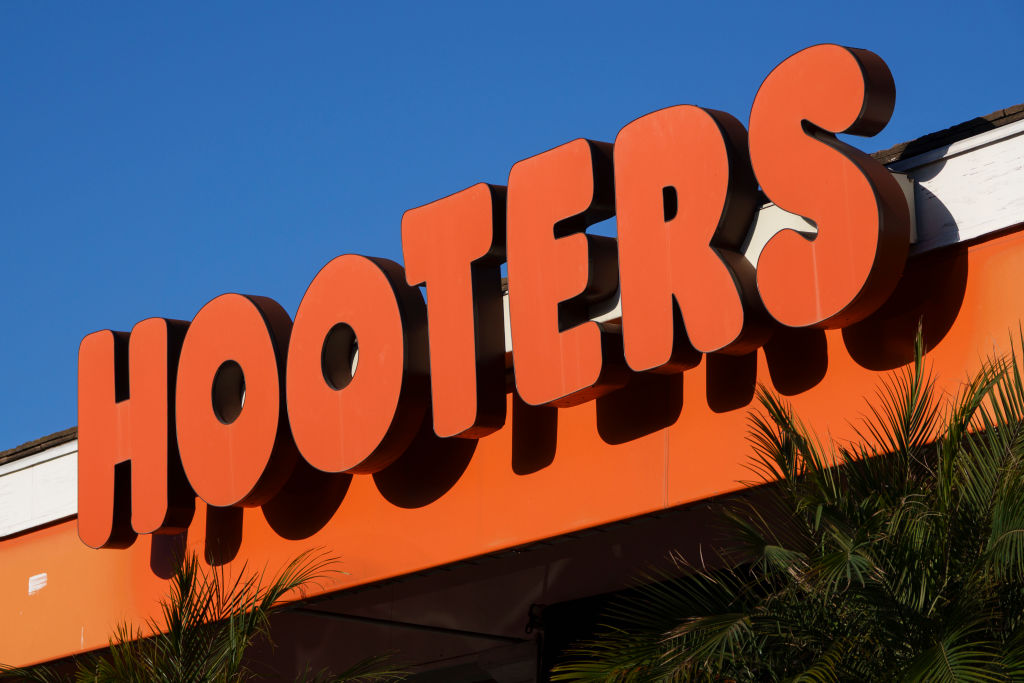The E-Naira has arrived, and less than a month after its arrival, it has created a revolution in Nigeria.
According to Bloomberg, the Central Bank of Nigeria reports an “excellent” adoption rate for this digital currency.
“More than 488,000 people have downloaded the consumer wallet that’s needed to transact E-Naira while about 78,000 merchants from more than 160 countries have enrolled,” said Osita Nwanisobi, a representative for the Central Bank of Nigeria, to the outlet.
Furthermore, according to Nwanisobi, 62 million naira ($150,000) of the virtual currency have been traded since it was introduced.
While Nigeria has been quick to adopt the cryptocurrency, it’s not the only African country to do so.
Nigeria has the E-Naira, but Ghana has the E-Cedi. As AfroTech previously reported, the e-cedi is the first digital currency of its kind in Africa.
According to Dr. Ernest Addison, the governor of the country’s central bank, the new proposed digital currency will go into effect after three pilot stages confirm it to be a positive thing to introduce into the local economy.
“The Bank of Ghana was one of the first African Central Banks to declare that we were working on a digital currency looking at the concept of an e-cedi,” Dr. Addison said at a news conference in Accra.
The e-cedi has completed the first phase of the process, where the design has been made and finalized by a centralized committee. Right now, the digital currency is in a limited implementation phase, meaning that some online transactions will accept the digital currency if it’s applied to the payment.
Nigeria is currently leading the digital currency revolution in Africa
As AfroTech previously reported, Nigeria is leading the way in the digital currency revolution.
Between 2015 and 2020, Nigeria traded over 60,000 bitcoins, valued at $566 million, making the country the second biggest market for the currency.
Face2Face Africa reports the volume of bitcoin trade in Nigeria has increased by 19 percent since 2017 and only trails the United States on Paxful, a system that controls 52 percent of the market worldwide.
“They mostly use the platform for peer-to-peer and arbitrage trading,” says Nena Nwachukwu, Paxful Nigeria regional manager.

















